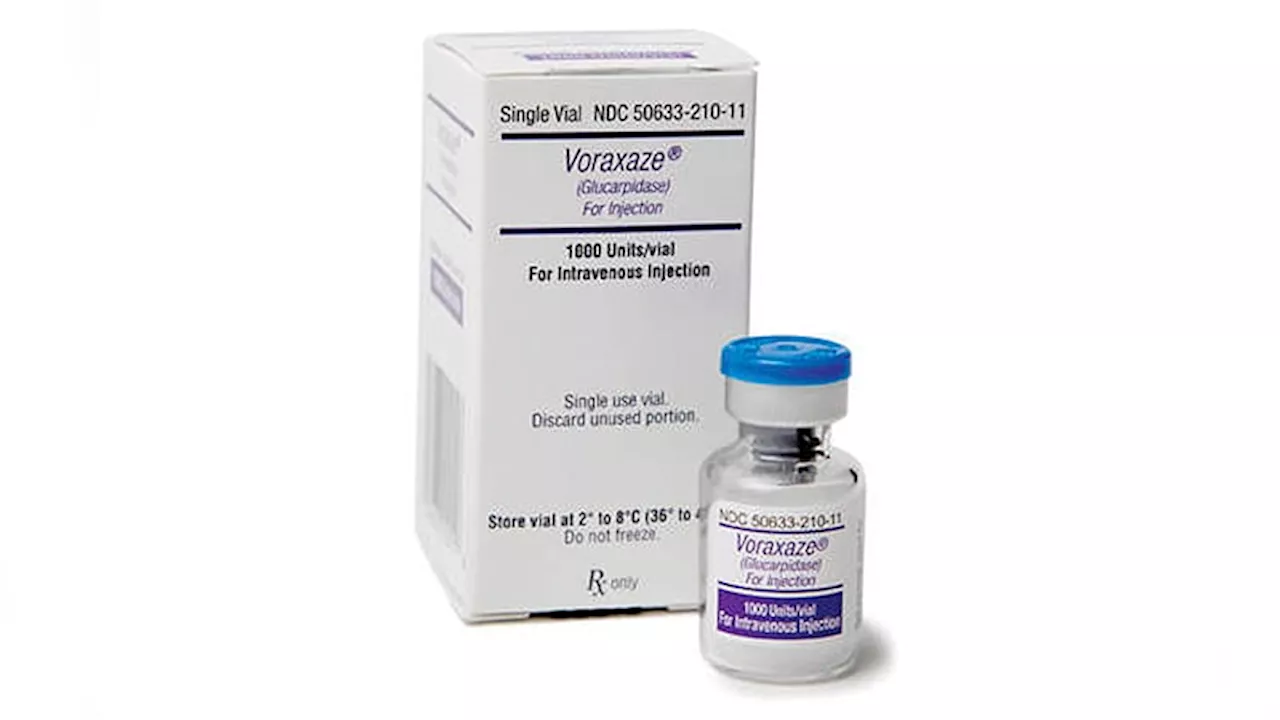A new treatment called renal denervation disrupts overactive nerves in the kidneys, offering some relief for patients with dangerously high blood pressure. The minimally invasive procedure, approved by the FDA last year, involves zapping nerves using ultrasound or radiofrequency energy. While it's not a cure and not everyone benefits, some patients experience a significant drop in blood pressure, allowing them to reduce medication.
In this photo provided by Massachusetts General Hospital, patient Mike Garrity, center, speaks with Drs. Joe Garasic, left, and Randy Zusman in Boston, on Sept. 25, 2024.
“My blood pressure would spike and I’d run out of breath and feel tired, and that doesn’t happen anymore,” said Garrity, 62, of Needham, Massachusetts. He still takes medicine but at lower doses, his blood pressure normal for the first time in years. “I’m thrilled.” And only a fraction of patients have their hypertension well-controlled, meaning there’s a need for novel strategies. The Food and Drug Administration approved that “renal denervation” option about a year ago, based on studies showing a modest benefit in patients whose blood pressure remains high despite multiple medicines.
To avoid falsely high readings, the American Medical Association has tips: Sit quietly with feet on the floor, and legs not crossed. Place the cuff on a bare arm, not over clothing. Don’t dangle the arm and rest it on a table.Lifestyle changes are the first step, especially for otherwise healthy people. Guidelines urge losing weight, exercising, eating more fruits and vegetables, limiting salt and alcohol, and taking steps to handle stress.
Although already used in other countries, a key U.S. trial of renal denervation failed about a decade ago, prompting changes before researchers tried again. In November 2023, the FDA approved two catheter systems, from Recor Medical and Medtronic.
BLOOD PRESSURE RENAL DENERVATION KIDNEY TREATMENT HYPERTENSION
United States Latest News, United States Headlines
Similar News:You can also read news stories similar to this one that we have collected from other news sources.
 Kidney Nerve Zapping Offers Hope for Treatment-Resistant High Blood PressureA new procedure called renal denervation disrupts overactive nerves in the kidneys, potentially lowering blood pressure in patients who haven't responded to traditional medications. The FDA approved this minimally invasive procedure last year, and while it's not a cure, it shows promise for treating hypertension.
Kidney Nerve Zapping Offers Hope for Treatment-Resistant High Blood PressureA new procedure called renal denervation disrupts overactive nerves in the kidneys, potentially lowering blood pressure in patients who haven't responded to traditional medications. The FDA approved this minimally invasive procedure last year, and while it's not a cure, it shows promise for treating hypertension.
Read more »
 New kidney nerve treatment offers hope for patients with resistant high blood pressureNothing doctors prescribed controlled Michael Garrity's dangerously high blood pressure — until they zapped away some nerves on his kidneys.
New kidney nerve treatment offers hope for patients with resistant high blood pressureNothing doctors prescribed controlled Michael Garrity's dangerously high blood pressure — until they zapped away some nerves on his kidneys.
Read more »
 New kidney nerve treatment offers hope for patients with resistant high blood pressureNothing doctors prescribed controlled Michael Garrity's dangerously high blood pressure — until they zapped away some nerves on his kidneys.
New kidney nerve treatment offers hope for patients with resistant high blood pressureNothing doctors prescribed controlled Michael Garrity's dangerously high blood pressure — until they zapped away some nerves on his kidneys.
Read more »
 Glucarpidase Enhances Kidney Recovery in Methotrexate-Associated Acute Kidney InjuryOutcomes in methotrexate-induced kidney injury have shown improvement through treatment with the enzyme glucarpidase.
Glucarpidase Enhances Kidney Recovery in Methotrexate-Associated Acute Kidney InjuryOutcomes in methotrexate-induced kidney injury have shown improvement through treatment with the enzyme glucarpidase.
Read more »
 Vagus Nerve Stimulation Shows Promise for Treating Severe DepressionA study suggests that stimulating the vagus nerve, which connects the brain to major organs, could be a viable treatment option for individuals with severe depression who haven't responded to traditional therapies. While initial results were mixed, the study showed potential in alleviating the mental paralysis often associated with major depression.
Vagus Nerve Stimulation Shows Promise for Treating Severe DepressionA study suggests that stimulating the vagus nerve, which connects the brain to major organs, could be a viable treatment option for individuals with severe depression who haven't responded to traditional therapies. While initial results were mixed, the study showed potential in alleviating the mental paralysis often associated with major depression.
Read more »
 Lipid Anchor on Nerve Cell Membranes Inhibits Prion Protein AggregationA research team has used new in vitro and cell culture models to demonstrate that a lipid anchor on the outer membrane of nerve cells effectively inhibits the aggregation of the prion protein, which is a hallmark of neurodegenerative diseases like Alzheimer's, Parkinson's, and Creutzfeldt-Jakob disease. The findings suggest that membrane anchoring stabilizes the folding of the prion protein and could offer insights into the development of therapeutic strategies for prion diseases.
Lipid Anchor on Nerve Cell Membranes Inhibits Prion Protein AggregationA research team has used new in vitro and cell culture models to demonstrate that a lipid anchor on the outer membrane of nerve cells effectively inhibits the aggregation of the prion protein, which is a hallmark of neurodegenerative diseases like Alzheimer's, Parkinson's, and Creutzfeldt-Jakob disease. The findings suggest that membrane anchoring stabilizes the folding of the prion protein and could offer insights into the development of therapeutic strategies for prion diseases.
Read more »
